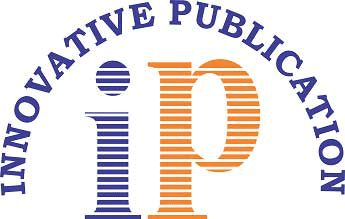Artificial intelligence (AI) has rapidly transformed various fields, and its application in medical education, particularly in pharmacology, is gaining increasing attention. ChatGPT, an advanced conversational AI model developed by OpenAI, has demonstrated its potential to support personalized and interactive learning experiences. This review explores how ChatGPT can enhance pharmacology education by offering students a dynamic, conversational platform for learning complex drug-related concepts. By simulating real-time dialogue, ChatGPT can provide explanations, answer questions, generate quizzes, and facilitate case-based learning, making it a valuable tool for self-directed study and reinforcement of lecture materials. Additionally, ChatGPT's ability to adapt to individual learning needs allows for personalized study plans and targeted knowledge reinforcement. Despite its potential, challenges related to data quality, model interpretability, and AI limitations must be addressed for ChatGPT to be fully integrated into pharmacology education. This review highlights current applications, potential benefits, limitations, and future directions for using ChatGPT in the context of pharmacology education in medical curricula.
